Production Planning (MRP) in ERP Systems: Enhancing Efficiency and Reducing Waste

Production planning is a critical component for manufacturers aiming to streamline operations, meet customer demands, and minimize waste. A well-integrated ERP system with Material Requirements Planning (MRP) capabilities helps businesses forecast demand, manage resources, and align production schedules — all in real time.
What is MRP in ERP Systems?
Material Requirements Planning (MRP) is a process that determines what materials are needed, in what quantities, and by when — based on production schedules, inventory levels, and customer orders. ERP systems enhance this process by automating calculations, ensuring accuracy, and connecting production planning with other business areas.
Benefits of ERP-Based Production Planning
-
Demand Forecasting & Planning
Analyze historical sales data and trends to plan production intelligently. -
Inventory Optimization
Maintain optimal stock levels and avoid overproduction or stockouts. -
Capacity Planning
Allocate machinery and labor efficiently based on real-time workloads. -
Accurate Scheduling
Generate realistic production timelines and delivery estimates. -
Material Tracking
Monitor raw material usage and automate reordering as needed. -
Integration with Procurement & Sales
Align production with incoming orders and supplier lead times.
Key Features of MRP in ERP
-
Bill of Materials (BOM) Management
Define components, subassemblies, and quantities for each product. -
Work Order Automation
Automatically generate and assign tasks to production units. -
Shop Floor Control
Track real-time progress on the production floor with live updates. -
Quality Assurance Integration
Ensure product consistency with built-in quality checks and reporting. -
Scenario Planning
Run simulations to predict production outcomes under different conditions.
Real-World Impact of ERP-Based MRP
-
Improved on-time delivery rates
-
Reduced lead times and production delays
-
Increased production throughput
-
Lowered material waste and operational costs
-
Enhanced agility in responding to market changes
Conclusion
Integrating MRP into ERP transforms production planning into a data-driven, streamlined process. It empowers manufacturers to operate more efficiently, reduce costs, and meet customer expectations with precision.
Whether you’re producing in small batches or large volumes, ERP-based MRP ensures that the right materials are available at the right time, for the right job.

